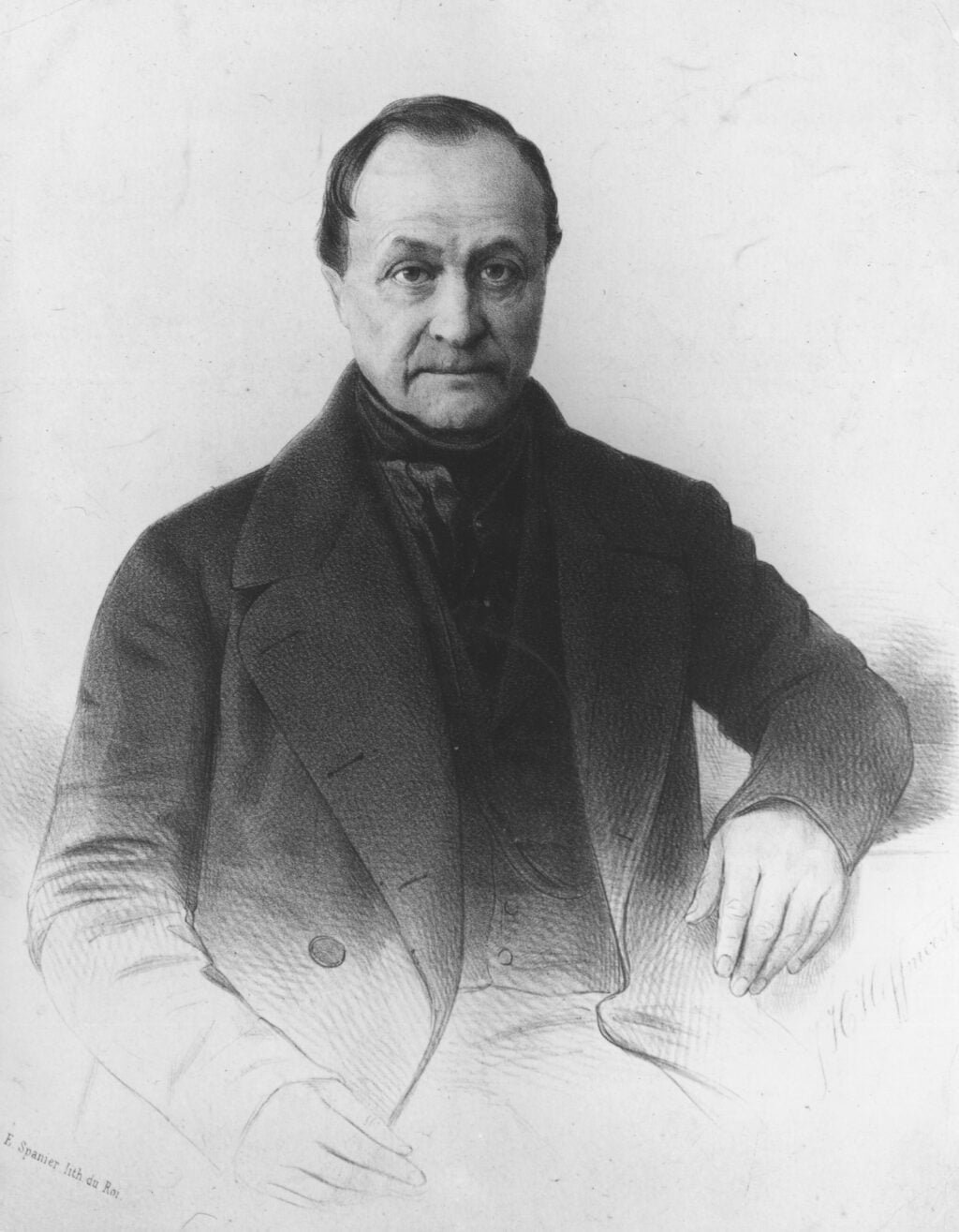
The father of sociology, Auguste Comte, stands as a towering figure in the realm of social sciences. This article delves into the life and contributions of Comte, tracing the origins of sociology as a distinct academic discipline. From his groundbreaking insights to the enduring relevance of his ideas, let us embark on an enlightening journey through the legacy of the father of sociology.
1. Early Life and Intellectual Journey
Auguste Comte was born in France in 1798. His intellectual journey began as a disciple of philosophers such as Henri Saint-Simon and Claude Henri de Rouvroy, known as Comte de Saint-Simon. Influenced by the turbulent times of the French Revolution and the aftermath, Comte sought to understand society and social order through systematic analysis.
2. The Birth of Sociology
Comte coined the term “sociology” in the early 19th century, recognizing the need for a scientific study of society and human behavior. He aimed to apply scientific principles to understand the social world, treating society as a complex system governed by its own laws.
3. Positivism: Embracing Empirical Knowledge
At the core of Comte’s sociological approach was “positivism,” emphasizing the use of empirical evidence and observation to study society. He believed that sociologists should rely on facts and data, akin to natural scientists, to uncover the underlying principles of social life.
4. Law of Three Stages: Unraveling Social Progress
Comte’s “Law of Three Stages” was a central tenet of his sociological theory. He posited that human society progresses through three stages: the theological stage, where supernatural beliefs dominate; the metaphysical stage, where abstract reasoning holds sway; and the positive stage, characterized by scientific thought and empirical observations. According to Comte, the positive stage represents the pinnacle of human understanding.
5. Social Statics and Social Dynamics: Understanding Social Order and Change
Comte divided sociology into two branches: social statics and social dynamics. Social statics explored the structure and equilibrium of societies, while social dynamics delved into social change and progress. This division allowed sociologists to examine both the stability and evolution of social systems.
6. Legacy and Influence
Comte’s legacy extends far beyond his time. His pioneering work laid the foundation for the development of sociology as a legitimate academic discipline. His emphasis on empirical research and the scientific study of society has become integral to modern sociological practices.
7. Contemporary Relevance of Comte’s Ideas
Despite the evolution of sociology over the centuries, Comte’s ideas continue to hold contemporary relevance. Sociologists still use empirical methods and scientific approaches to analyze and understand social phenomena. The study of social change, social structures, and social order remains central to the field of sociology.
Embracing the Legacy
Auguste Comte, the father of sociology, left an indelible mark on the world of social sciences. His vision of a scientific study of society laid the groundwork for the modern discipline of sociology. As we embrace his legacy, we continue to unravel the complexities of human society and strive to foster positive social progress.



